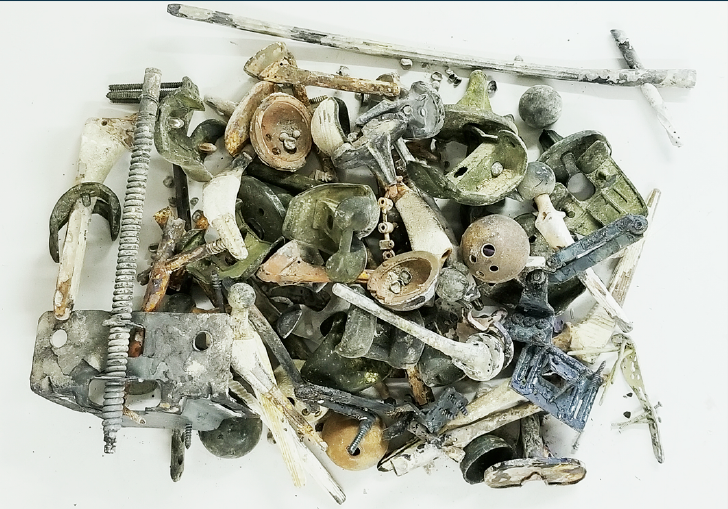Crematory Certification
How to Become a Crematory Operator
Considering a career in the cremation industry? If you want to be a part of the deathcare sector, getting a crematory operator certification may be the right choice for you. Amongst other responsibilities, a crematory operator provides respectful cremation services, supervises legal documentation, and offers support to grieving families. In this article, we cover all about crematory certifications. Read on if you want to know more about how you can begin working in the field.
List of Certification Courses
For your convenience, we put together a list of the most renowned cremation certification programs in the US:
- CANA’s Crematory Operations Certification Program: Designed to provide best practices for crematory operators in the profession. This program is the most current crematory operations training available in the industry and communicates to the public your commitment to safe cremation practices and demonstrates the utmost respect and caring for their loved ones.
- Worsham Crematory Operator Certification from CANA: Worsham brings CANA-certified trainers onto campus to host their extensive training program and prepare you for the certification exam.
- NFDA Cremation Certification Program: This recognized certification standard for funeral service professionals covers best practices for safe, proper, ethical crematory operations, excellence in service to cremation families, and much more.
- ICCFA Crematory Operator Certification Program: Offered by the College of Cremation Services at ICCFA University, it’s a comprehensive certification that includes not only the operative part of the job but also teaches how to better serve and satisfy families.
Continuing Education
As a certified crematory operator, continuing education is essential to ensure you continue providing the best possible service to the families you serve. The National Funeral Director Association offers a series of lectures on various topics that can help you complete your education in this field. You can check the continuing education lectures offered by the NFDA here.
How to Add Value to Your Job as a Crematory Operator
Being attentive and showing compassion will surely add value to the work you do as a crematory technician. But an additional way in which you can increase the value of the cremation process is with implant recycling.
Implant recycling is the process of collecting, processing, and recycling medical implants. This practice is necessary for every crematorium as they need to dispose of non-organic metal waste responsibly, but what most people don’t know is that these metals can generate an income for the crematorium as they might contain precious metals that have a high market price. Crematories and funeral homes often take this income and donate it to affiliated charities, as a way to give back to their communities.
It is important to thoroughly consider the company you use when recycling implants, as you will need a professional, client-first, precious metal refiner that will ensure you get the most for the material you send in. The best, most respected refiners maintain transparency throughout the process.
Core Scientific is the leader in cremation recycling in the US, always providing our customers with the highest returns thanks to our 100% transparency policy and our superior technology and process.
If you want to know more about how we can help you add value to your cremation business, contact us now, and our team of experts in cremation recycling will be glad to assist you.


